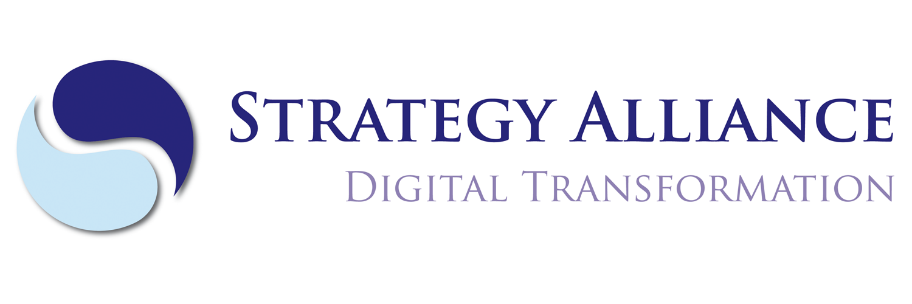Over the last few years, we have helped many organizations in building/extending their data management capability. Typically, this is done as part of a digital transformation initiative, as the result of a strategy to reap more value from data assets, and/or as the result of compliance drivers. Looking back, it is safe to conclude that every organization is different and requires a different approach. However, I have identified three themes that are typical across the organizations that we have helped.

Theme one: balance 'thinking' and 'doing
There appears to be a trend to either think endlessly about the ideal setup for data management: what should we do, what should our focus be, what options do we have to make things real? How does it fit with other capabilities such as process management, security, and architecture? The list of questions goes on and on. At the same time, there is also a trend to 'just get started' and 'do things'. After all, how hard can it be? It is not like 'data' and 'data management' are new?
Our guidance in this respect: you need both! Try to combine a 'slow cycle' in which you build a vision and roadmap, with a 'fast cycle' where you experiment, learn, and show the value of sound data management practices.
Theme two: skills
Unfortunately, we still come across many situations where there is a fundamental belief that 'tools' will ultimately solve the data management challenge. Let's be firm about this: this is rarely (perhaps even: never) the case. Ultimately, data management is about ensuring that we have enough grip on data (sitting in systems, flowing between systems) in order to create value with it in processes. This puts data management squarely in the business domain. Tools will help, but is well trained professionals who will make a difference.
Theme three: business and IT
If I were to receive €1,- each time I hear "the business should..." or "IT should ...", I'd never have to work again. Professionals appear to be hell-bent on making a distinction between the two orientations. Especially with the apparent rise of Agile/DevOps, there is no difference between these two orientations. Both work towards achieving the goals of the organization. Making too sharp a distinction is, in our view, harmful: it shifts the attention to the differences between both orientations, rather than the commonalities.
Note, that 'data' provides the 'glue' between the two orientations. Data sits in, and flows between systems, and is the key 'fuel' for value creation in processes. Therefore, our guidance is simple: data management is a shared business/IT responsibility.
Conclusion & call to action
While organisations are different, at least part of the challenge of building a data management capability is the same for all of us. Open standards (e.g. DAMA DMBOK) help in implementing data management practices. I am curious to hear whether the three themes make sense and whether there are other patterns that you have observed. Send me an E-mail!
Bas van Gils

